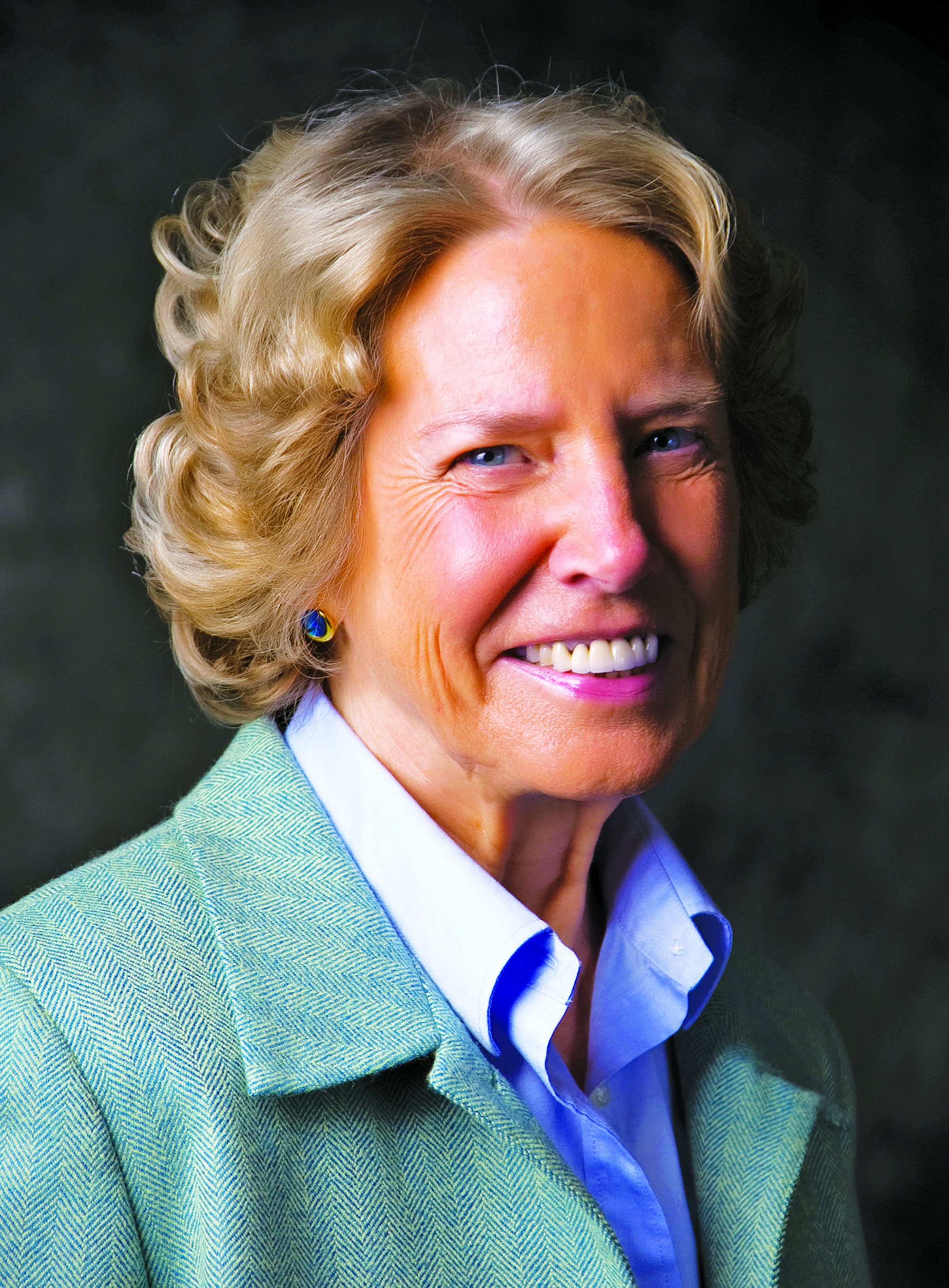PORT ANGELES — When Charlotte Warren of Port Angeles was just a grade-schooler, she rode a train from the plains of India to the Himalayas and back.
Growing up as the child of an American missionary father, she lived among lush flowers, abundant bird life, deep poverty and, as she writes in her memoir, the transcendent grace of India’s people.
Warren’s new book is Jumna, Sacred River: An American Childhood in India, and it takes the reader on a journey from one vivid moment to the next.
The author will give a free reading from Jumna at the Port Angeles Library, 2210 S. Peabody St., and sign copies of the $18.95 softcover beginning at
7 p.m. tonight.
And for those who can’t make it tonight, Warren will give another reading from her memoir at the Writers on the Spit gathering next Friday, Oct. 26.
That free event will start at 6:30 p.m. at Rainshadow Coffee Bar, 157 W. Cedar St., Sequim.
Meeting Gandhi
One of the book’s scenes, early on, is Warren’s girlhood meeting with Mahatma Gandhi, leader of India’s independence movement.
“Daddy took me to visit Gandhi-ji, whom he deeply admired. Wearing his dhoti and seated in the shade of a tree, Gandhi returned my father’s namaste, palms joined in the traditional greeting,” she writes.
“With his funny ears, big smile and gentle voice, Gandhi coaxed me: Come, child, sit in my lap while we talk; here you can play with my pocket watch. The watch, so like my father’s, was just the right lure.
“I climbed in to his lap and held it as carefully as if it were alive: a cricket, maybe, or a fledgling bird.
“Even now I can feel its weight . . . its ticking heartbeat close to my own.”
Warren, who has lived more than four decades in Port Angeles and taught writing at Peninsula College, is a much-lauded poet.
The encounter with the mahatma became the title of her poetry collection Gandhi’s Lap, which won the Washington Prize and publication by Word Works of Washington, D.C., in 2000.
Her poems also have appeared on Seattle Metro transit buses in the Poetry on Buses initiative, and in journals from the Hawai’i Review to Kansas Quarterly.
Jumna is her first published prose work, though it reads for all the world like poetry. Warren takes us to the places that enchanted her: India’s markets, an open boat on the river, the train hurtling through the countryside.
India independence
Life was not to be peaceful for this girl. India fought for and won its independence from Great Britain in 1947, the year Warren turned 11.
She and her family then moved to the United States. Warren first lived in Alabama before she was sent to a girls’ school in Pennsylvania.
After graduating, she was accepted at Reed College in Portland, Ore., and met her future husband, George. He worked for the Simpson Timber Co. in Eureka, Calif., until they moved to Port Angeles in 1964.
Forty-two years after she had departed India, she returned with George and a small band of people on a tour.
She revisited the boarding school in the mountains while her husband and his fellow trekkers explored the valleys and high passes nearby.
“To re-enter that landscape as an adult is both haunting and freeing. It’s a way of carrying on a dialogue between the past and the present,” Warren said in an interview this week.
Jumna immerses the reader in India’s landscape and the relationships that shaped the young girl.
Praising surroundings
For Warren, writing such prose is a way to feel the world more keenly.
To write is to sing her surroundings’ praises, “to say hello to the chickadee, to dip my hand in the river and feel its power.”
But just as there’s beauty in Jumna, there is suffering: Warren’s father was admirable in ways, but he was also her abuser, while her mother was tormented by the past.
Port Angeles poet Alice Derry writes of Warren’s book:
“Her growing-up shifts between burgeoning discovery of the beautiful, and the shadow of destruction cast by both parents.”
Yet “Warren is not the victim of her life, but our trusted guide.”
For her part, Warren hopes Jumna nudges readers to share their own stories, perhaps of connection with family and nature.
“We need to learn how to support children and families,” she said, and “teach ways of nurturing each other.”
The Earth, she added, “is a wonder. Let’s care for it.”
________
Features Editor Diane Urbani de la Paz can be reached at 360-452-2345, ext. 5062, or at diane.urbani@peninsuladailynews.com.
